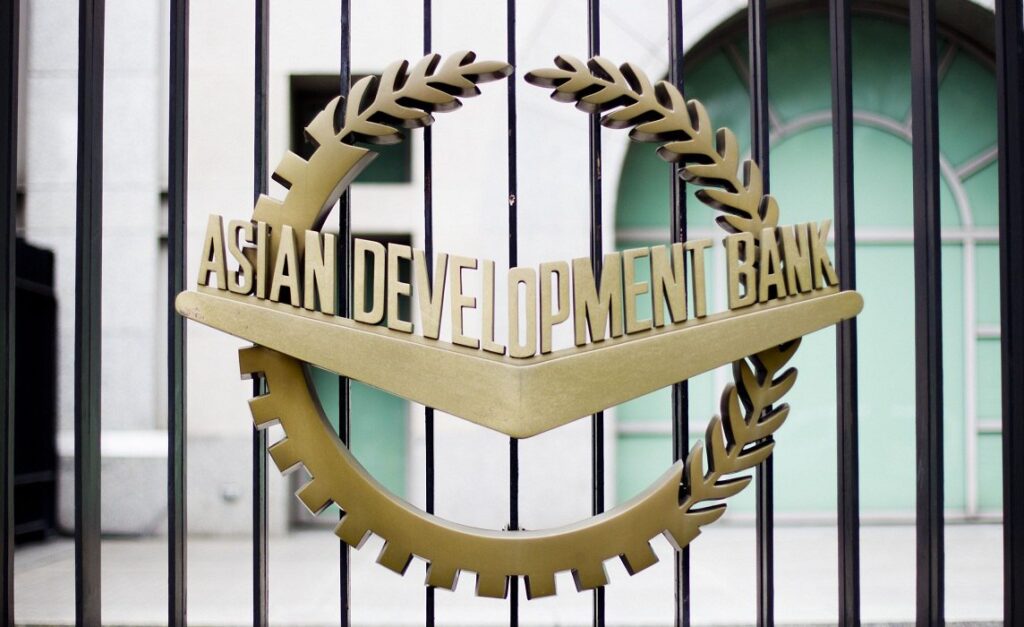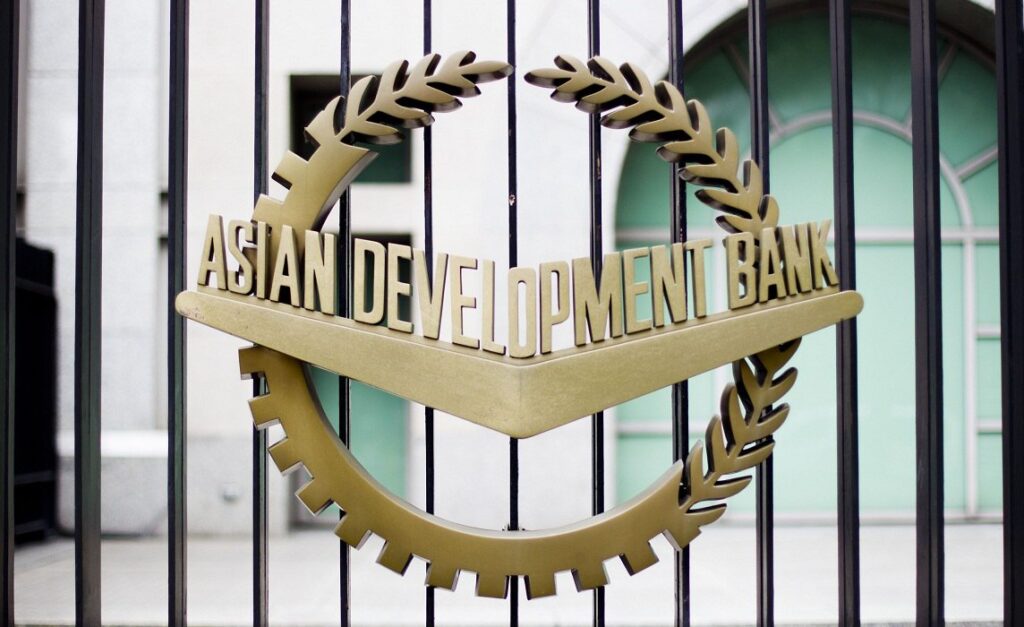Uzbekistan to Chair ADB Board, Host 2026 Annual Meeting in Samarkand
Uzbekistan is poised to assume a greater leadership role within the Asian Development Bank (ADB) following key announcements at the institution’s 58th Annual Meeting of the Board of Governors, held on May 6-7 in Milan, Italy. Uzbekistan’s delegation, led by Deputy Prime Minister Jamshid Khodjaev, participated in the high-level event. According to the Ministry of Investments, Industry and Trade of Uzbekistan, the meeting concluded with the formal announcement that Uzbekistan will chair the ADB Board of Governors for the 2025-2026 term. Khodjaev was confirmed as the board’s next chair, a move widely seen as a reflection of the growing trust and confidence of international financial institutions in Uzbekistan’s reform trajectory. Additionally, it was agreed that Samarkand will host the ADB’s 59th Annual Meeting in May 2026. During the Milan meeting, the parties also signed an ambitious cooperation program outlining 23 new projects valued at $3.6 billion, to be implemented over the next two years. These initiatives will target strategic sectors such as education, drinking water supply, transport, and technical assistance. The announcement builds on an existing track record of cooperation. Recent projects include a $125 million ADB loan aimed at modernizing Uzbekistan’s water systems. This initiative encompasses the installation of smart water meters, mapping of water infrastructure, modernization of customer service centers, and training for utility staff, all intended to enhance national water security and service efficiency. Uzbekistan’s expanding partnership with the ADB is expected to accelerate its social and economic development objectives, particularly as the country continues to pursue wide-ranging reforms and infrastructure upgrades.






